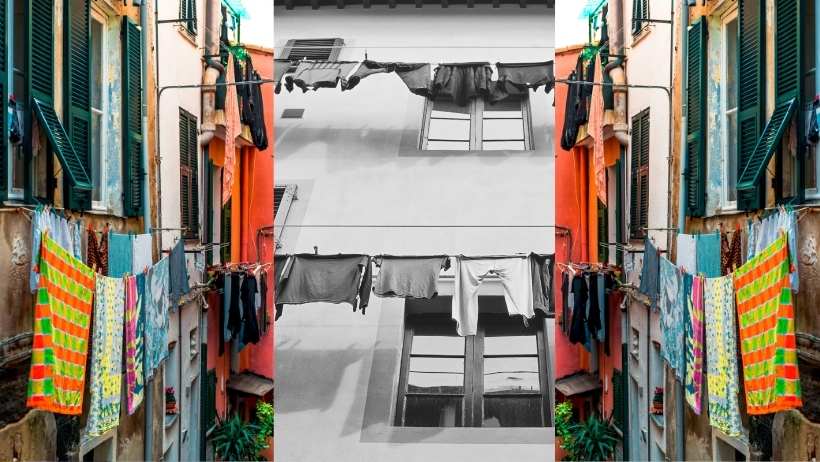Noun gender is a fundamental part of Italian and understanding how it all works will really help you accelerate your Italian!
When we talk about noun gender, we don’t mean whether things are “male” or “female”, or whether nouns identify as “non-binary” or “gender fluid”… no! That’s a whole nother discussion but has nothing to do with what we are talking about here.
We are talking about GRAMMATICAL GENDER.
Grammatical gender, simply put, is a way of classifying nouns into categories of which only two remain in Italian:
◉ Masculine nouns and Feminine nouns
The categorization of nouns as either Masculine or Feminine had nothing to do with biological gender as we know it and wasn’t based on whether a thing had “manly” features, or a “girly” appearance. It all has to do with how the nouns behave grammatically! But we don’t need to bog you down in the details of that.
Any relationship feminine nouns and masculine nouns have with actual gender is pretty arbitrary.
For example, what’s feminine about a door? What’s masculine about a flower?
If you try to make connections like this, you will probably just be complicating things, as there really isn’t any real rhyme or reason why some nouns are masculine and others are feminine. They just are!
How Do We Know the Gender of a Noun?
Luckily, there is a rather consistent pattern to be able to distinguish Masculine nouns from Feminine nouns.
The main feature that identifies a Masculine noun and a Feminine noun is the final vowel.
Masculine nouns typically end in -O
TAVOLO table
LIBRO book
GIORNO day
Feminine nouns typically end in -A
CASA house
BOTTIGLIA bottle
ITALIA Italy
There are cases where the noun gender does match biological gender when we are talking about living beings – namely, humans!
Masculine nouns: Biologically male
UOMO man
RAGAZZO boy
BAMBINO baby boy
Feminine nouns: Biologically female
DONNA woman
RAGAZZA girl
BAMBINA baby girl
Nouns That End in -E
There are also a whole bunch of very common words that end in -E and they can be either Masculine or Feminine. Just when you thought it was going to be so simple! Well, don’t freak out just yet, there are a few tricks to know that can help you determine the gender of a noun:
It’s all about the letters that come before the -E:
MASCULINE NOUNS
Words that end in -ORE are always MASCULINE
These can be nouns that represent a male’s role or profession:
DOTTORE doctor
ATTORE actor
LETTORE reader
Did you notice that they correspond with the English word-ending -OR and -ER?
They can also be any other noun ending in -ORE:COLORE color
AMORE love
FIORE flower
Remember the pronunciation of the DIPHTHONG IO – FIORE. The I is a weak vowel so the O leaps off the I. This makes the vowel sound more like /FYORE/.
Words that end in -ONE are always MASCULINE
FURGONE van
GIAPPONE Japan
FIFONE coward, scaredy cat
FEMININE NOUNS
Words that end in -ZIONE are always FEMININE
INFORMAZIONE information
STAZIONE station
EMOZIONE emotion
Did you notice that these words correspond exactly with the English word-ending -TION? Pretty much every word that ends in -TION in English has a cognate ending in -ZIONE in Italian. This is why learning the cognates in Italian will really help you grow your vocabulary quickly as it isn’t a big strain on the brain to learn them.
It can even help you guess how to say a word in Italian!
How do you think you say ‘portion’ in Italian…?
…PORZIONE!!!
This, of course, isn’t completely foolproof, but you’ll be right in more cases than not.
Words that end in -SIONE are always FEMININE
CONFUSIONE confusion
ILLUSIONE illusion
PASSIONE passion
You can see the exact same pattern here as with the words that end in -ZIONE. That is, words that end in -SIONE usually always have the cognate in English ending in -SION. You probably didn’t even need a translation to know the meaning of these words!
Words that end in -TRICE are usually FEMININE
These can be nouns that represent a female’s role or profession:
ATTRICE actress
SCRITTRICE female writer
They can also be any other noun, still ending in – TRICE:
LAVATRICE washing machine
CICATRICE scar



